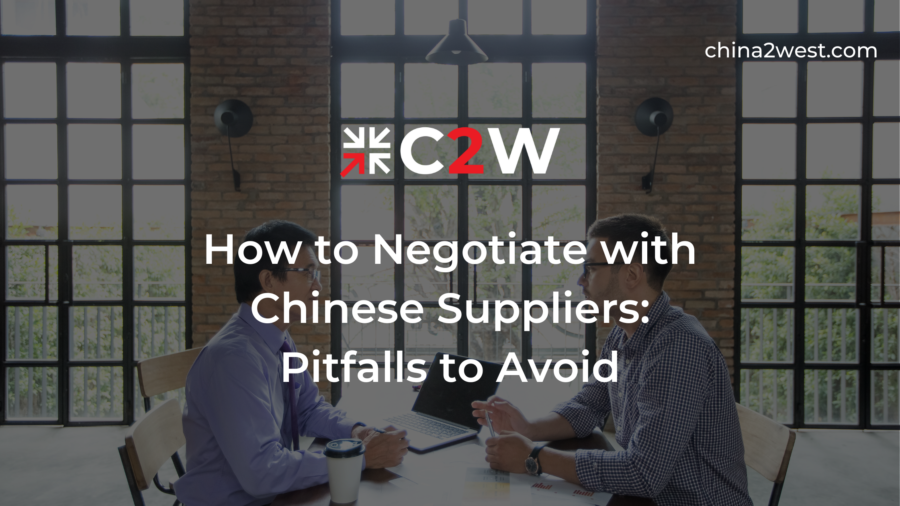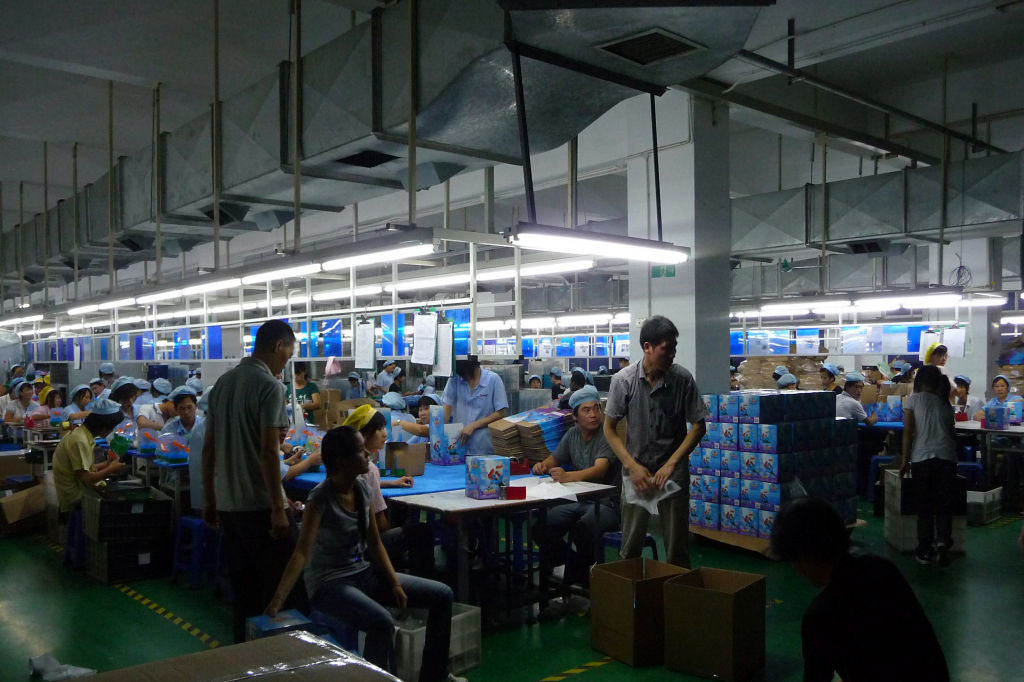As we anticipate the arrival of the Chinese New Year in 2024, which heralds the Year of the Dragon, businesses on a global scale are gearing up for collaborative ventures with Chinese suppliers.
Beyond the allure of new business opportunities, the success of these negotiations lies in the intricate dance of cultural sensitivity and strategic acumen.
This article embarks on a comprehensive exploration of the complexities involved in engaging with Chinese suppliers, shedding light on the common pitfalls that must be skillfully navigated for a collaboration that is not merely successful but also enduring.
Cultural Sensitivity Matters
The negotiation table with Chinese suppliers transcends a mere transactional space; it’s a delicate interplay of cultural understanding.
Avoiding aggressive tactics and adopting a collaborative approach is not just a nicety; it is an imperative deeply ingrained in the fabric of Chinese business culture.
Rapid deal closures often take a backseat to the meticulous art of relationship-building and trust establishment.
Patience, respect, and a genuine effort to comprehend and appreciate the nuances of the Chinese way of doing business set the stage for not just successful negotiations but also for long-lasting and fruitful collaborations.
Overemphasis on Price
While cost considerations undoubtedly play a pivotal role, fixating solely on obtaining the lowest price is akin to navigating a treacherous path. Sustainable partnerships go beyond the allure of immediate financial gains.
A comprehensive assessment of value involves considerations such as reliability, effective communication, and product consistency.
Striking the delicate balance between cost and these qualitative factors ensures that both parties are positioned for not just immediate success but for a sustained and mutually beneficial partnership.
Failure to Clarify Specifications
Effective communication stands as the bedrock of successful negotiations. Ambiguities in product specifications and expectations are not mere hiccups; they are potential breeding grounds for misunderstandings and quality issues.
Taking the time to establish a crystal-clear understanding of requirements on both sides is not a ceremonial act but an investment in the longevity of the collaboration.
This foresight not only prevents costly discrepancies but also ensures a smoother operational flow and a relationship characterized by transparency and trust.
Neglecting Relationship Building
In the intricate landscape of Chinese business, strong relationships are not just desirable; they are a non-negotiable currency.
The rush for immediate results often leads to the oversight of what may seem like extraneous relationship-building activities.
Engaging in activities such as dinners, meetings, and casual conversations might appear time-consuming, but they are the mortar that cements trust and paves the way for enduring and mutually beneficial collaborations.
Ignoring Intellectual Property Protection
In an era where innovation is a prized asset, safeguarding intellectual property goes beyond a legal checklist.
Clearly outlining expectations regarding intellectual property rights is not just a contractual requirement; it is a proactive move that shields innovations and proprietary information.
This creates an environment where both parties can thrive without concerns about unauthorized use or duplication, fostering an atmosphere of innovation and mutual respect.
Assuming Homogeneity
The vast expanse of China is not just geographically diverse but also hosts significant variations among suppliers.
Assuming uniformity in the operation of all Chinese suppliers is a common pitfall that can lead to misplaced expectations and ineffective negotiation strategies.
Tailoring negotiation approaches requires a nuanced understanding of regional differences, industry practices, and the unique policies of individual companies, ensuring that strategies are not only effective but culturally relevant.
Neglecting Legal Due Diligence
A proactive approach to legal considerations is imperative in the complex realm of international business. Prioritizing legal due diligence is more than a precautionary measure; it’s a strategic necessity that involves understanding Chinese laws, regulations, and contracts.
Consulting legal experts adds an additional layer of protection, fostering compliance, mitigating risks, and ultimately creating a more secure business environment for both parties involved.
Underestimating Communication Challenges
Language barriers and differing communication styles are not mere nuances; they are significant challenges that can profoundly impact the outcome of negotiations.
Patience, clarity in language, and encouragement of open dialogue become paramount.
Investing in effective communication strategies is not just a preventive measure against misunderstandings; it lays the groundwork for a harmonious and fruitful working relationship, where both parties feel heard and understood.
Ignoring Social Responsibility
Beyond the cold calculations of financial metrics, evaluating the social responsibility of Chinese suppliers is not just a choice; it is an ethical imperative.
Assessing ethical practices, labor conditions, and environmental impact ensures alignment with your brand’s values. Ignoring these factors not only risks harm to your brand’s reputation but may also lead to public scrutiny.
Choosing suppliers committed to social responsibility establishes a foundation for a sustainable, ethical, and mutually beneficial partnership that goes beyond profit margins.
As we stand on the threshold of the auspicious Year of the Dragon, let’s approach collaborations with Chinese suppliers not just with excitement but with strategic foresight, cultural sensitivity, and a commitment to ethical business practices.
Successfully navigating negotiations involves not only seizing opportunities but also skillfully avoiding the common pitfalls that can hinder long-term success.
By delving into the nuanced aspects outlined in this article, businesses can build a solid foundation for relationships with their Chinese counterparts that are not just mutually beneficial but also enduring and resilient in the face of challenges.
That’s why partnering with a well-seasoned manufacturer like C2W will spare you all the trouble with their nearly 20 years of experience and vast network of suppliers. Contact us now!


